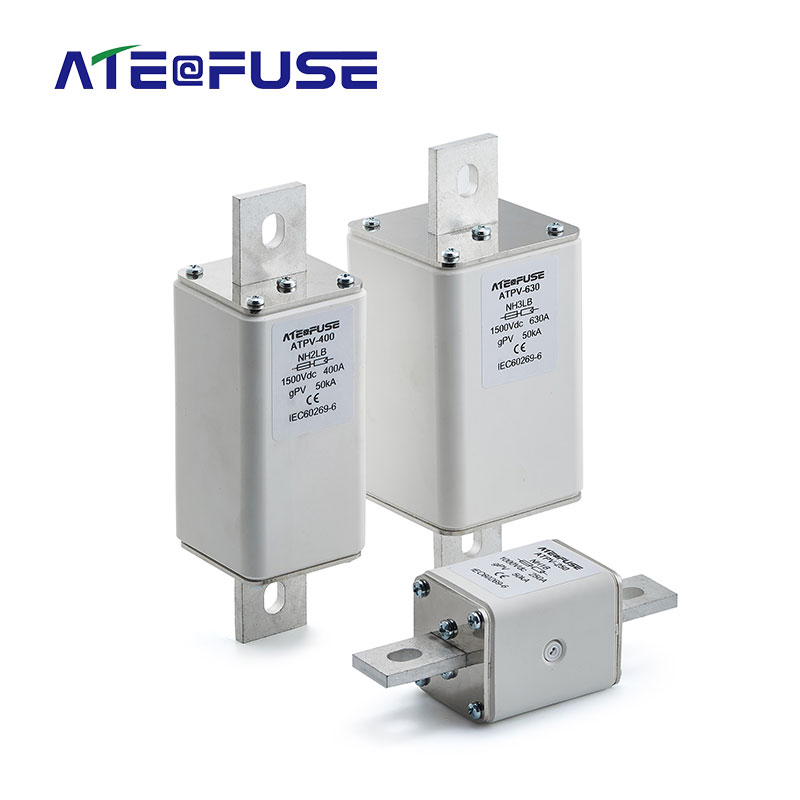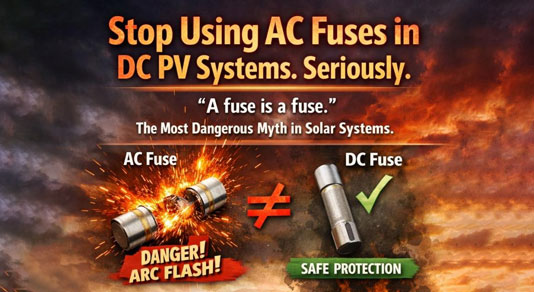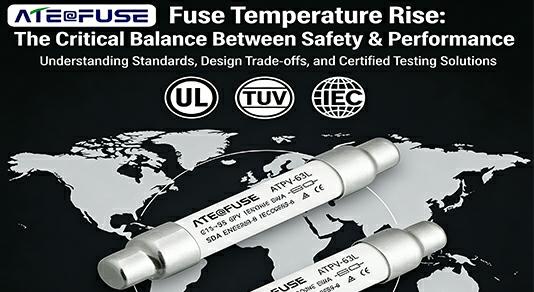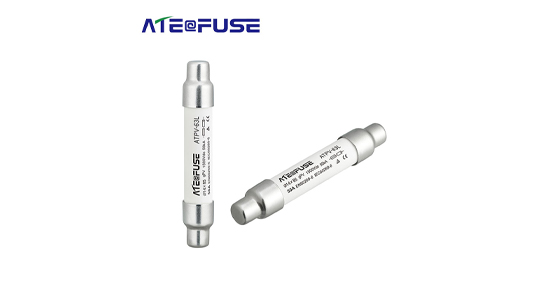How to properly fuse a solar pv system
Photovoltaic DC fuses are specifically designed for use in photovoltaic (PV) systems, with the primary purpose of protecting solar panels. This article tells you how to correctly fuse the solar photovoltaic system and maintenance points.
Proper installation of fuses for solar photovoltaic systems is to determine the appropriate fuse size, select the correct type of fuse, install the fuse in the appropriate location, install the fuse in the fuse holder, connect the fuse correctly, test the system, and perform regular maintenance.
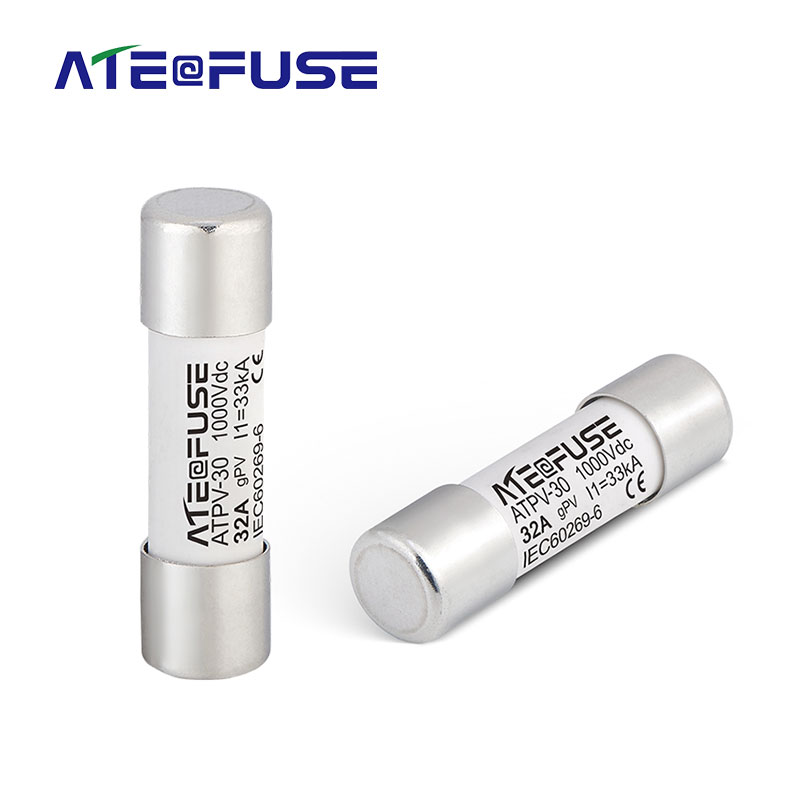
How to properly fuse a solar PV system
1. Determine the appropriate fuse size:
Fuse size is determined by the ampere rating of the solar panel and the wiring used in the system. Consult the manufacturer's specifications or consult a professional to determine the appropriate fuse size.
2. Choose the correct type of fuse:
Solar PV systems typically use DC fuses. Select a fuse suitable for DC applications and suitable for the system voltage.
3. Install the fuse in the appropriate location:
Fuses should be installed at critical points in the system to protect against overcurrent and short circuits. These locations typically include the combiner box, inverter input, and battery pack (if applicable). Please refer to the system design or consult a professional to determine the specific location of the fuse.
4. Install the fuse in the fuse holder:
Use a fuse holder that is appropriate for the fuse size and provides adequate protection against electric shock. Fuse holders should be securely installed and easily replaceable.
5. Connect the fuse correctly:
Connect the fuse correctly according to the manufacturer's instructions. Make sure the positive and negative terminals are connected to the corresponding sides of the fuse.
6. Test system:
After installing the fuse, test the system to ensure proper operation. Monitor the system for any signs of overcurrent or malfunction, which may indicate that fuses need to be replaced or adjusted.
7. Regular maintenance:
Check fuses and fuse holders regularly to make sure they are in good condition. Replace any damaged fuses or brackets immediately.
It is important to note that working with electrical systems can be dangerous. If you are inexperienced or unsure of your abilities, it is recommended to consult a professional electrician or solar installer to properly fuse your solar PV system.
Maintenance points of photovoltaic special fuses
1. Check the ambient temperature of the fuse. Excessively high ambient temperature can cause false fuses;
2. When replacing the fuse, install the melt correctly to avoid mechanical damage that reduces the cross-sectional area of the melt and causes false fuses. When installing, make sure the base is intact and the contact is good. After installation and power on, you can use an infrared thermal imager to check whether the fuse is overheating;
3. When the radiation is high, regularly use an infrared temperature measuring gun or infrared thermal imager to test the temperature of the fuse and contact terminals, and deal with any abnormalities promptly.

